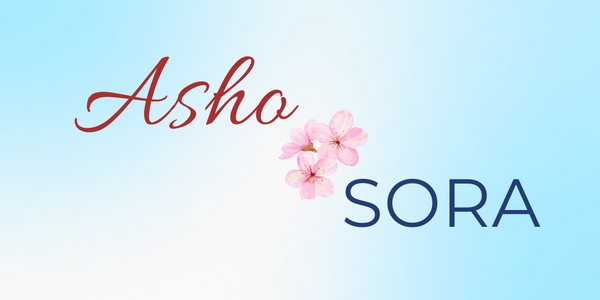
From Shrines to Shopping: How the Japanese Spend Their Holidays?
When a national holiday arrives in Japan, it means more than just time off. It carries centuries of tradition, reflection, and seasonal connection. But how do Japanese people spend these special days now? And how did they spend them before?
The Past: Sacred, Seasonal, and Slow
In earlier times, holidays often revolved around religious events and family rituals. People visited local shrines to give thanks, wore traditional clothing, and spent time with extended family. For example, during New Year’s, families decorated their homes with pine branches and straw ornaments to invite good fortune. Children played simple games, and everyone shared festive food.
Cherry blossom season offered another kind of holiday experience. Families gathered under sakura trees with home-cooked meals and sake. It was a time to welcome spring, feel the passing of time, and enjoy fleeting beauty.
These holidays followed the rhythm of nature. People appreciated the changing seasons and treated holidays as moments of rest and reflection.
The Present: Personal, Playful, and On-the-Go
Modern holidays in Japan often look very different. Many people head to shopping malls, theme parks, or tourist spots. Young adults meet friends at cafes, take day trips to the countryside, or relax at home with movies and games.
Instead of preparing traditional dishes, families may order food or dine out. Convenience matters now more than ever, especially in busy cities.
Still, many people keep some customs alive. Even in a modern household, you might see a kagami mochi (stacked rice cakes) during New Year’s or hear laughter during a bean-throwing setsubun ritual.
While the form has changed, the desire for connection and seasonal enjoyment remains.
The Timeless Element: Nature and Food
No matter the era, Japanese holidays center around nature and food. A fresh spring bento under blooming trees or a bowl of zoni soup in winter holds meaning beyond taste. These shared moments create memories and connect people to something deeper.
Looking Ahead: Calm Over Chaos?
More people now look for slow, mindful ways to enjoy holidays. Some choose quiet destinations, traditional inns, or creative activities like writing or crafting.
At Asho Sora, we think holidays should give more than rest. They should spark joy, reflection, and appreciation. That is why we explore items and designs that align with peaceful moments and seasonal beauty.
Who knows? Maybe the next Japanese holiday you spend will offer both tradition and surprise — a bridge between the past and the present. For more on the meaning behind Japanese holidays, see our recent article on Japan’s national holidays.
